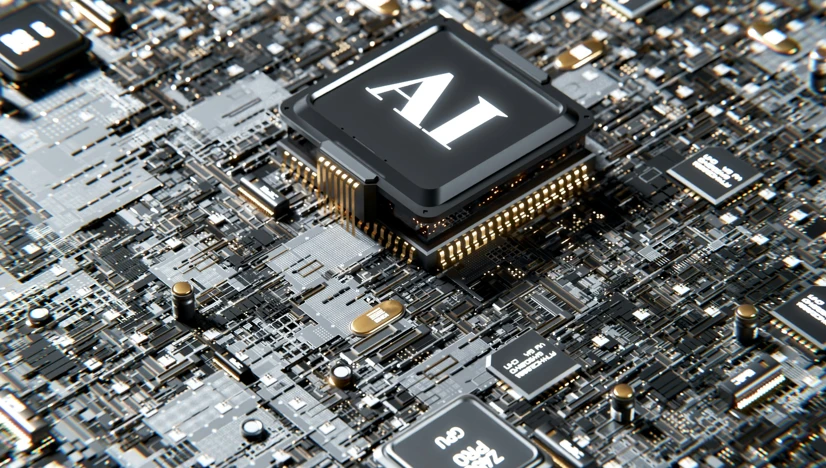Is the AI Bubble About to Burst?

Picture by Igor Omilaev on Unsplash
Verso, 2025
Aaron Benanav argues that despite the hype, generative AI is unlikely to spark a revolutionary transformation of the economy. Past predictions of mass technological unemployment failed to materialize, and current claims echo the same flawed assumptions about automation’s inevitability. Instead of eliminating work, AI is more likely to reshape jobs through de-skilling, increased surveillance, and worsening inequality. The real challenge, Benanav insists, is political: societies must decide whether AI development will serve corporate profits or be redirected toward collective well-being and human flourishing.
Comment from our editors:
Benanav’s essay offers a much-needed corrective to the inflated promises surrounding AI, grounding the debate in historical evidence and political economy rather than speculation. His insistence that technological change is never automatic but socially mediated helps shift attention from Silicon Valley hype to the structures that shape work and inequality. At the same time, one might argue that he underestimates the cumulative, long-term impact of AI on knowledge work and cultural production, where even gradual changes could prove disruptive. Still, his call to democratize technological governance is timely and essential, reminding us that the real question is not what AI will do to us, but how we choose to direct its development.
Go to: Is the AI Bubble About to Burst?
